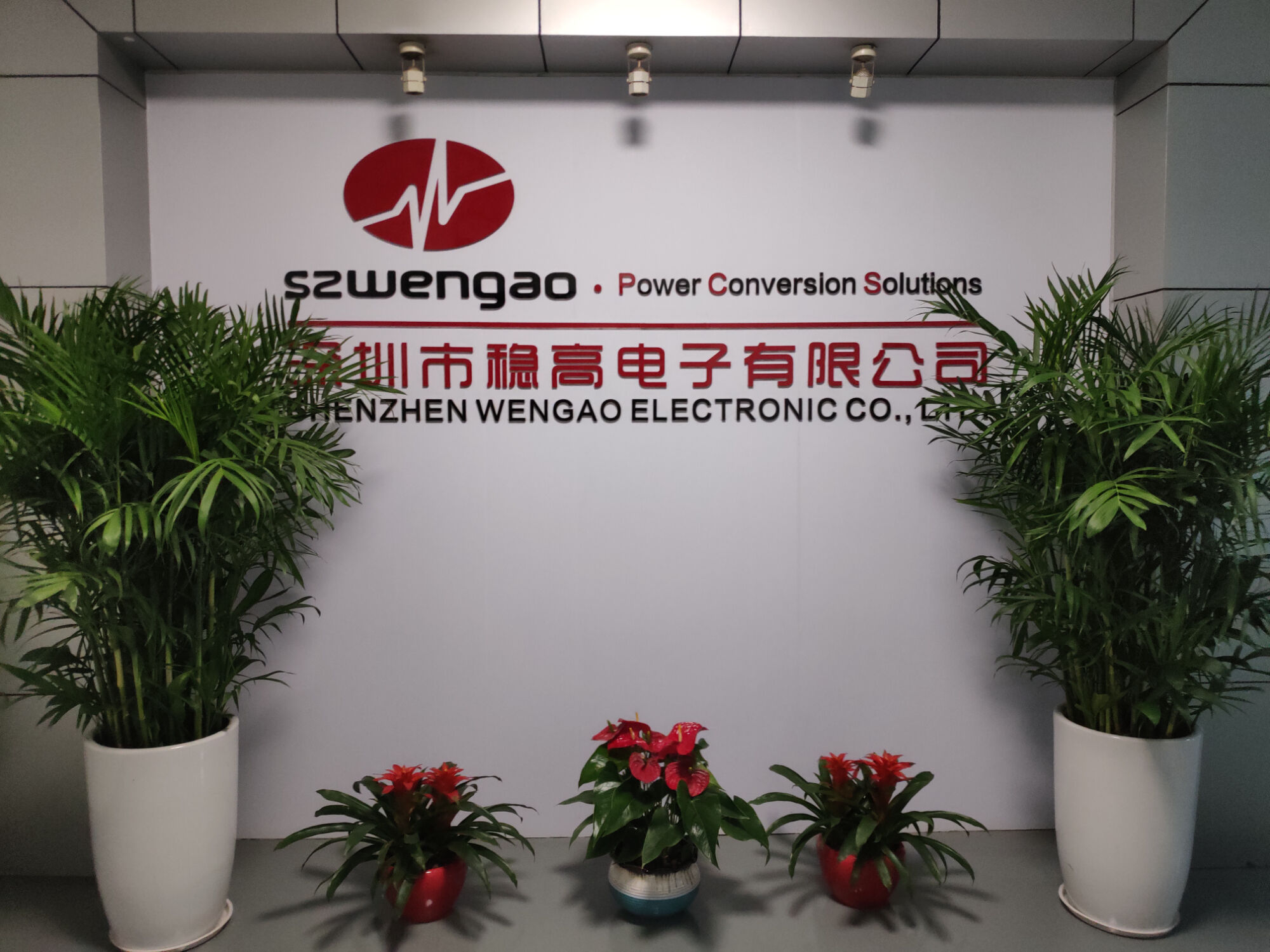The Role of DC Converters in Modern Electronics: Powering the Future
Efficient power conversion and distribution is crucial to modern electronics. A key component at the core of this important process is an electrical device called a direct current (DC) converter that switches the levels of voltage in DC power from one level to another, enabling a variety of devices and systems to work smoothly.
Types of DC Converters: DC Converters can be categorized into two primary classes: Linear DC Converters and Switch-mode DC Converters (SMDC).
Linear DC Converters: These converters use transistors or diodes to regulate voltage output by dissipating surplus energy in form of heat. They are simple and low noise but their inefficiency in power conversion, especially at high voltage differences limits them to low-power applications where they require precision or low noise as these are very crucial.
Switch-mode DC Converters (SMDC): On the other hand, SMDCs use fast switching transistors to convert input voltages into a high frequency AC signal that is then filtered and rectified back into direct current (DC) at desired voltage level. This method improves power efficiency immensely typically above 90%, hence being preferable for high-power applications such as smartphones or industrial machinery.
Applications of DC Converters:
Portable Devices: These include smartphones, laptops, tablets and portable chargers among others which need specific voltages supplied by dc converters in order for them to operate optimally with good battery life.
Automotive: In new cars, the battery management system relies on dc converters that change battery’s high voltage into lower one needed for powering various electronic parts inside the car.
Renewable Energy Systems: Solar panels produce dc while wind turbines generate ac that must be converted into dc if they have been built for direct usage with electric vehicles or energy storage purposes or ac when it comes tot feeding current back into the grid system. The whole conversion is made possible by dc converters.
Industrial Automation: In factories and manufacturing plants, there are dc converters that power motors, actuators and control systems where machines are to operate effectively and safely.
Microelectronics and Semiconductors: Thus, microelectronic devices require a precise voltage regulation. This is the main purpose of DC Converters which serve as stable power source for chips and ICs.
Advantages and Challenges:
Several advantages come with using DC converters like high power efficiency; they are small in size and have flexible designs. But, some challenges still exist such as Electromagnetic Interference (EMI), Thermal Management, and complexity in designing efficient switch algorithms.
Conclusion:
Quietly powering numerous devices and systems worldwide, dc converters remain the unsung heroes of modern electronics. They are flexible, efficient, as well as adaptable to changing technology demands making them central to achieving a sustainable, connected and smarter world.
Recommended Products
Hot News
-
Application Advantages of Non-Isolated BUCK Converters Compared to Isolated Step-Down Converters
2024-01-23
-
DC-DC Converters Showcase Remarkable Advantages in Outdoor Off-Grid Applications
2024-01-23
-
DC to DC Battery Charger - Wide input and Noise immunity for dual battery system applications
2024-01-19

 EN
EN
 AR
AR
 BG
BG
 HR
HR
 CS
CS
 DA
DA
 NL
NL
 FI
FI
 FR
FR
 DE
DE
 EL
EL
 HI
HI
 IT
IT
 JA
JA
 KO
KO
 NO
NO
 PL
PL
 PT
PT
 RO
RO
 RU
RU
 ES
ES
 SV
SV
 CA
CA
 TL
TL
 IW
IW
 ID
ID
 SR
SR
 SK
SK
 UK
UK
 VI
VI
 HU
HU
 TH
TH
 TR
TR
 FA
FA
 AF
AF
 MS
MS
 GA
GA
 HY
HY
 BN
BN
 MN
MN





